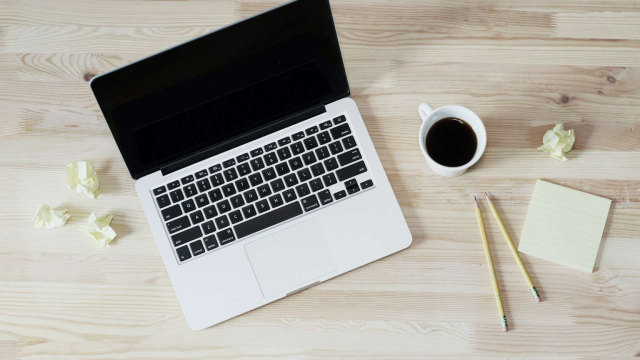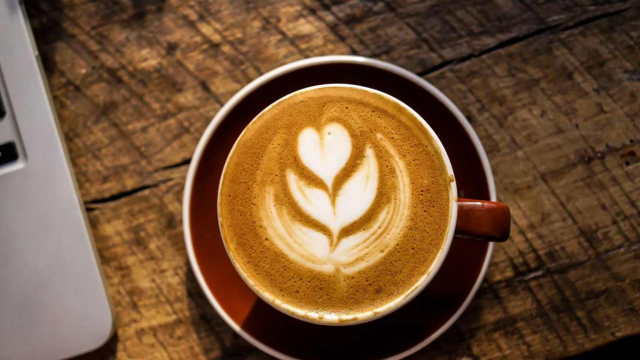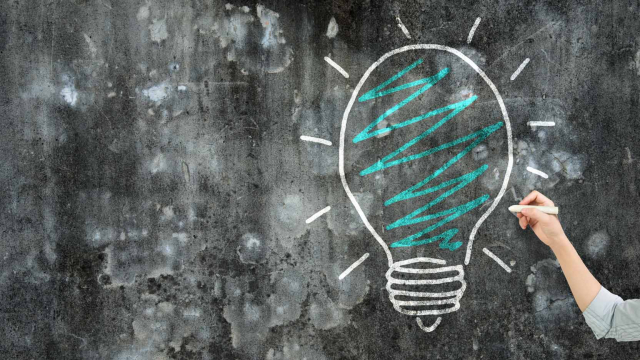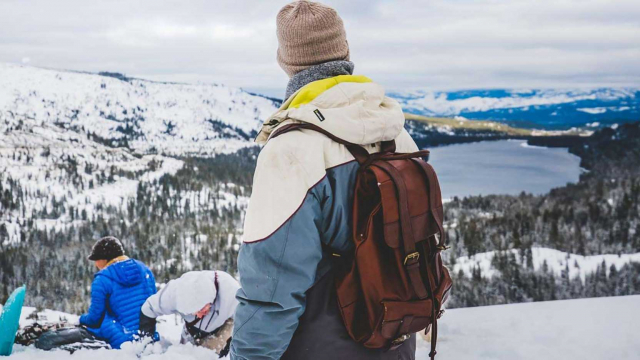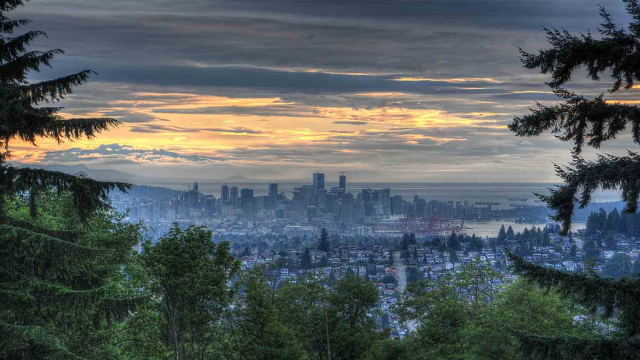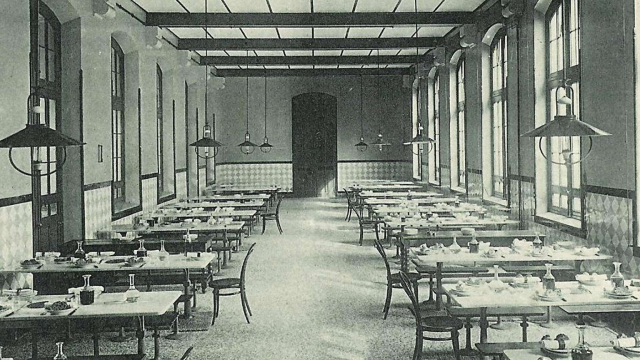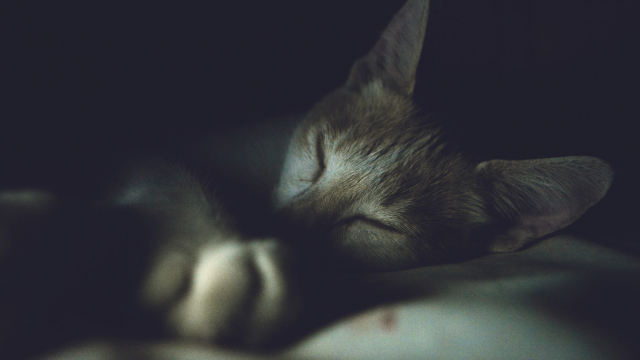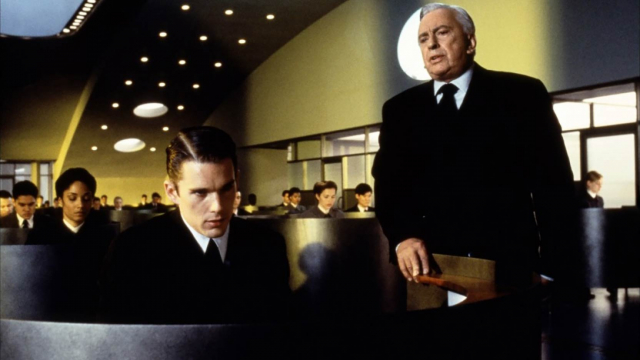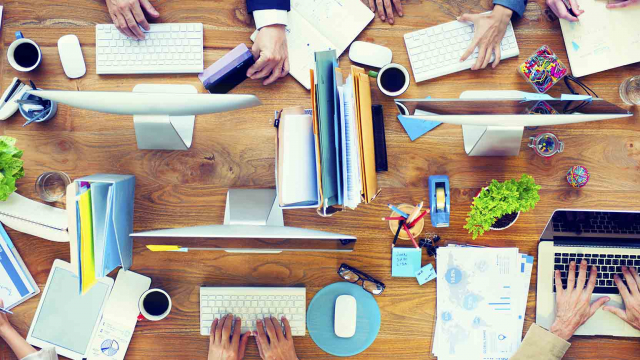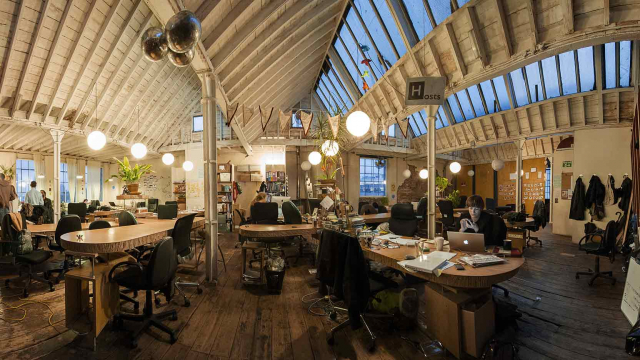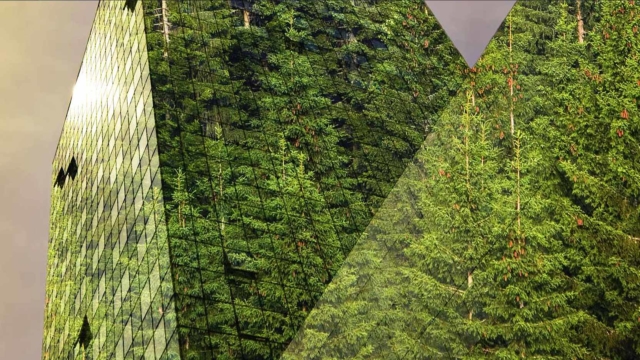NewsRoom - And tomorrow ?
From clean desk to selective sorting, the pursuit of the tidy office
In the era of open-plan offices, cleanliness is everyone's business. Given their influence on the work atmosphere and employees' productivity, clean and tidy desks have nothing but positive effects on a company.
A brief history of coffee machines
According to an Ifop/Nespresso study conducted in 2014, 75% of employees drink at least one cup of coffee during their work day.
Eureka: GA innovation’s box of ideas
The problem with good ideas is that they are extremely volatile. To harness all the ideas with innovation potential, the GA Group has its own specific initiative, called Eureka.
Startup retreats: time and space for a creative and enterprising team
A startup retreat is something between a seminar and a team-building event, between co-working spaces and co-living spaces.
A tour of the world’s most sustainable cities
The sustainable city is a major challenge in developed societies. It combines local objectives (quality of life, proximity, mobility) and global ones (climate, biodiversity, carbon footprint).
A short history of the lunch break
Today, the lunch break is more and more synonymous with conviviality or of a pleasant break in a day of work.
He benefits of napping at work
From "zen" spaces to futuristic nap cocoons, the practice of nap in the workplace could become widespread.
From the myths surrounding artificial intelligence to actual usage in buildings
Through the use of artificial intelligence, buildings are becoming autonomous entities capable of considering, producing and processing data.
Science-Fiction at work and in the office
From the tactile and ergonomic workplan to the large aseptic open space, science fiction imagines our workplaces of tomorrow.
The physical transformation of companies: the six latest trends in office life
What if the work environment was the prime factor influencing employee engagement? This was the conclusion of a study carried out by Steelcase-Ipsos, published in February 2016.
A brief history of the open plan layout
Open plan offices first appeared in the 1960s, and the concept became firmly established in companies the world over. Often accused of being a source of noise nuisance and stress.
The world’s eight most sustainable buildings
From Grenoble to Melbourne, a tour of the world's most sustainable buildings.
